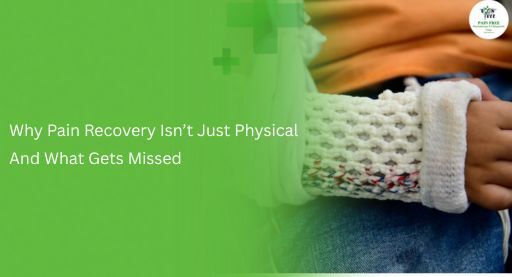Monkeypox has been declared a public health emergency in the United States.
U.S. Declares Monkeypox Public Health Emergency
The number of monkeypox cases in the United States has topped 6,600. Experts still feel confident that more testing and vaccinations can help contain the outbreak.
On Thursday, the Biden administration declared monkeypox a public health emergency. The national case count hit 6,600.
This move helps unlock emergency funds. It also allows health officials to gather more case and vaccine data, move vaccines faster, and let doctors offer treatment more easily.
“We’re ready to take our response to the next level in addressing this virus, and we urge every American to take monkeypox seriously and to take responsibility to help us tackle this virus,” said Department of Health and Human Services Secretary Xavier Becerra during Thursday’s briefing.
A fifth of all U.S. cases are in New York. That state declared a health emergency last week. California and Illinois followed on Monday with similar declarations.
Last month, the World Health Organization called monkeypox a public health emergency of international concern. WHO reserves this status for the most severe global outbreaks.
Officials used this same status before to deal with Covid-19, Zika, H1N1 flu, polio, and Ebola. The CDC reported at least 26,200 confirmed monkeypox cases worldwide this year.
How Monkeypox Is Spreading in the U.S.
Most monkeypox cases in this outbreak spread through male-to-male sexual contact. Past outbreaks didn’t show this trend.
HHS reported that nearly all monkeypox cases in the U.S. except 1% involve people assigned male at birth.
The average patient age is around 35. But people of all ages can get infected.
The CDC found five monkeypox cases in children. Two children are from California, two from Indiana, and one is a newborn in Washington, D.C., who isn’t a U.S. resident.
California and Indiana health officials declined to comment on their pediatric cases. Jennifer Rice Epstein, a spokesperson for Long Beach Health, said the child there got infected through close contact.
Demographics of Monkeypox Cases
As of last week, HHS reported 37% of monkeypox cases involved white individuals. Hispanic or Latino people made up 31%, Black individuals 27%, and Asian people 4%.
Frequently Asked Questions
1. What causes monkeypox to spread?
Monkeypox spreads through close contact. This includes skin-to-skin contact, respiratory droplets, and shared items like bedding or towels.
2. Who is most at risk right now?
Most cases involve men who have sex with men. But anyone who has close contact with an infected person can get the virus.
3. Is monkeypox deadly?
Monkeypox is rarely fatal. Most people recover fully within a few weeks. But it can be serious for people with weak immune systems or underlying health issues.
4. Can children get monkeypox?
Yes, but it’s rare. A few cases have appeared in children through close contact with infected adults.
5. How do I protect myself from monkeypox?
Avoid close contact with anyone showing symptoms. Wash your hands often. Don’t share personal items like towels or clothing. If you’re eligible, consider getting vaccinated.
6. Are vaccines available?
Yes. The U.S. government is working to make vaccines more widely available. Talk to your healthcare provider to find out if you qualify.
Conclusion
Monkeypox has spread fast, but health officials aren’t standing still. With vaccines rolling out, testing expanding, and emergency resources unlocked, the U.S. has tools to fight back. Public awareness plays a big role. Knowing how it spreads and who’s at risk can help stop the virus in its tracks. Every person who takes it seriously makes a difference. Together, we can slow the spread and protect the most vulnerable.











